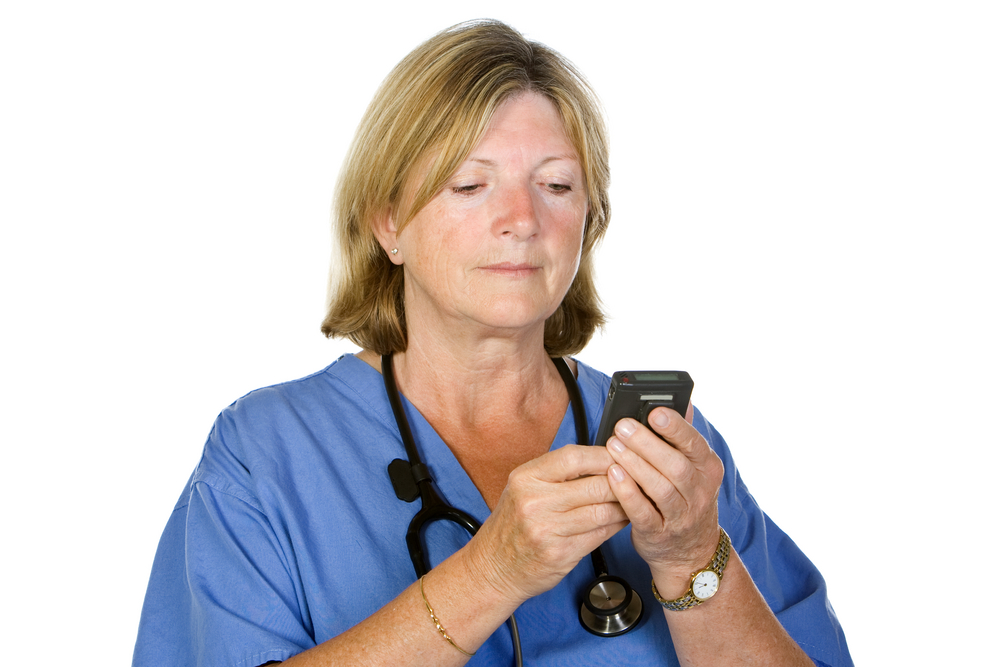 Results from The Radiation Reduction During Cardiac Catheterization Using Real-Time Monitoring (RadiCure) study were recently published in the journal Circulation.
Results from The Radiation Reduction During Cardiac Catheterization Using Real-Time Monitoring (RadiCure) study were recently published in the journal Circulation.
The RadiCure study examined the effect of a radiation detection device that provides real-time operator dose reporting through auditory feedback (called Bleeper Sv) on patient dosage and operator exposure during cardiac catheterization. Bleeper Sv beeps once every 15 minutes when exposure to radiation is low and once in every 20 seconds when exposure to radiation is high, increasing the beep frequency when exposure to radiation is very high.
In a randomized controlled trial 505 patients undergoing coronary angiography or percutaneous coronary intervention were divided to either use the Bleeper Sv radiation monitor (n=253) or not (n=252). The research team measured operator radiation exposure in both groups using a second, silent radiation exposure monitoring device. The results indicated that operator radiation exposure was lower in the Bleeper Sv group, and that the use of this device did not reduce patient radiation dose.
In a recent news release lead study author Dr. Emmanouil Brilakis, Associate Professor of Internal Medicine at UT Southwestern and Director of the Cardiac Catheterization Laboratories at the VA North Texas Health Care System said, “Radiation is invisible. Use of a radiation detection device can provide real-time ‘visualization’ of radiation exposure, enabling operators to take actions to reduce radiation exposure.”
[adrotate group=”1″]
Medical staff can be over-exposed to radiation in cardiac catheterization labs and although there is a dose limit for radiation exposure (20 mSv per year for 5 years), this radiation intensity is still associated with increased risk of cancer.
Dr. Brilakis added, “Using devices that provide real-time radiation-exposure feedback can help the operator adopt safer radiation practices,” “In our study, this was achieved in a real-life setting among unselected patients using a low-cost device that can be used with any X-ray system. It has been shown that people who are chronically exposed to radiation in cardiac catheterization labs are more likely to develop left-sided brain tumors”.
However, findings from this study suggest that using real-time radiation monitoring provides auditory feedback and can significantly reduce operator radiation exposure during cardiac catheterization. “The reduction in operator exposure observed in our study is likely to translate into a decreased risk for long-term adverse clinical events.” Dr. Brilakis concluded.


